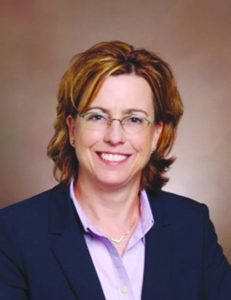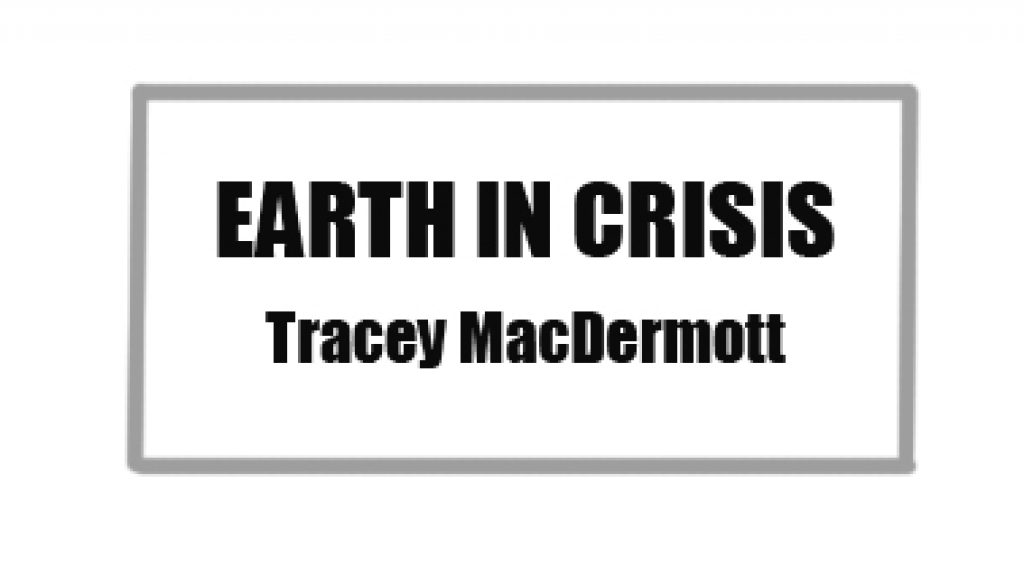Colorado At The Crossroads
It’s Time To Send A Clear Message To Polluters: Not Here, Not Now, No More, Not Ever
By Tracey MacDermott
For the GPHC

Last month a fight ensued between Democratic lawmakers and Colorado Gov. Jared Polis over his threat to veto Senate Bill 200, which proposes cuts to greenhouse gas emissions. The bill not only creates a set of rules to enforce the governor’s roadmap for meeting emission reduction targets, it also sets forth environmental justice goals.
Gov. Polis has been in favor of incremental rules and voluntary action. Democratic lawmakers in Colorado, including Sen. Faith Winter, have argued that the state should not rely on private-sector action and instead the government should direct the path toward emission reduction.
“This is the governor’s roadmap,” Democratic state Rep. Dominique Jackson reminded us. “We’re just looking to codify it with actionable, enforceable, equitable goals.”
Environmentalists argue that putting policy into law sends a clear message to polluters. When private industry has been left to facilitate what is best for the environment, it has not gone well. Here are a few recent reminders:
Since 2000, there have been an estimated 470 oil spills in the Peruvian Amazon, with more than nine billion barrels of oil wastewater released into the Amazonia watershed. Companies, such as Pluspetrol, blame third parties, including surrounding indigenous communities, for spills that have been connected to the degradation of pipelines — their pipelines. These leaks and spills have impacted at least 41 indigenous communities. While companies have been fined, unfortunately the penalties have not been enough to drive action to repair the leaking pipelines.
In 2003, a suit was filed against the Nestle Corporation for overpumping groundwater into wetlands and streams in Michigan’s Great Lakes Basin. The company continued to pump during low flow periods, eventually exposing the bottomlands. In 2009 the group Michigan Citizens for Water Conservation (MCWC) won in its effort to protect streams, wetlands and aquifers, a clear demonstration that private corporations should not be allowed to drain a basic human need, water.
The Horizon oil spill in the Gulf of Mexico in April of 2010 was the largest marine oil spill in history. In all it spewed 4.9 million barrels into surrounding waters, covering nearly 68,000 square miles and killing 11 people.
And then there is the British Petroleum case of 2014, in which a federal judge ruled BP guilty of gross negligence and reckless behavior. The judge noted the company’s willful misconduct by operating its wells based on poor decisions and profit driven decisions. It is estimated that this disaster resulted in $8.7 billion impact to the economy, costing up to 22,000 in jobs for local residents.
We know that the costs of not addressing the climate crisis are real. Among the obvious impacts are those that next generations will be forced to bear. Yet when corporate profits and CEO paychecks are in play, the future is not their priority.
It is important to also highlight the work being done by companies such as Patagonia, Ben & Jerry’s and Boulder’s UpSlope Brewing. All are B Corp Certified Corporations, designated to those who are dedicated to and achieve social and environmental performance. While these companies are leading the way on sustainability efforts, worker satisfaction and impact on communities, their work will be diminished if we do not place enforceable goals on polluters.
The timeline to fix impending disaster for our planet gets shorter every passing day. Voluntary measures on oil and gas will not get the job done. COVID-19 showed us that we have the ability to reduce emissions.
It shouldn’t have taken a public health crisis for us to wake up, but there it is. Strong policy and leadership will help our state reduce our pollution and climate warming gases. Does Gov. Polis want to be remembered as Gov. Oil & Gas? I don’t think so. Let him know you don’t want him to remembered by that name, either.
Tracey MacDermott is chair of the board of Greater Park Hill Community, Inc. She was trained as a Climate Reality Leader in 2017, and is currently the Statewide Co-Chair of the Climate Reality Project for the 100% Committed Campaign.

